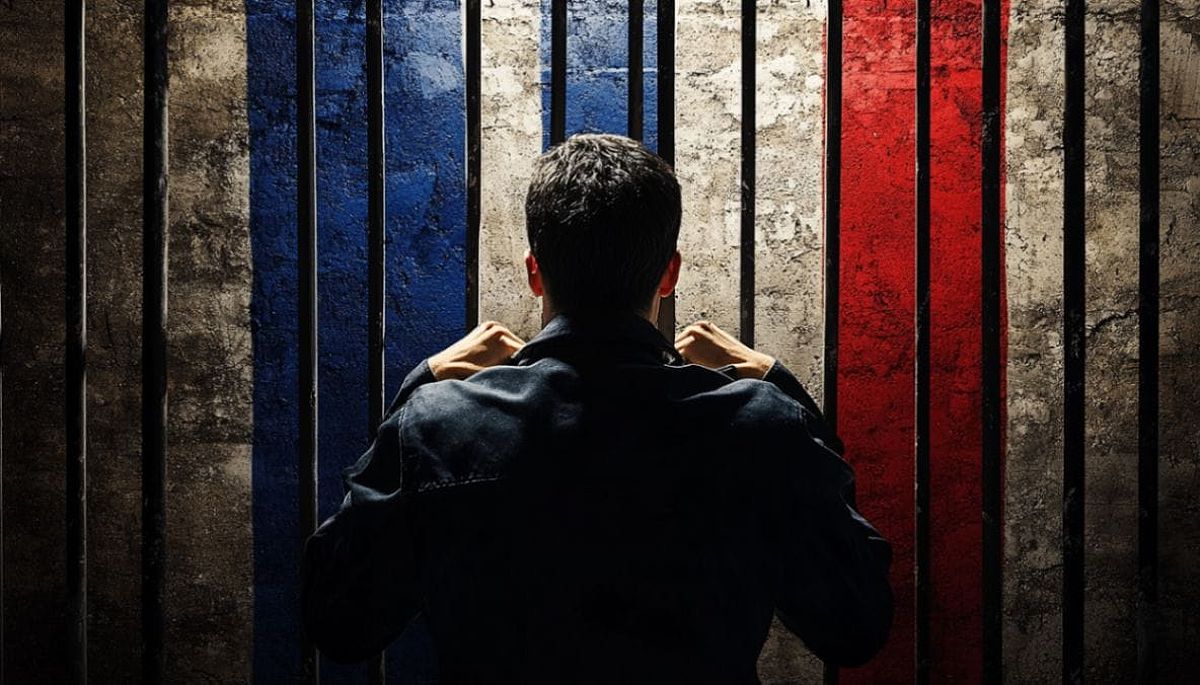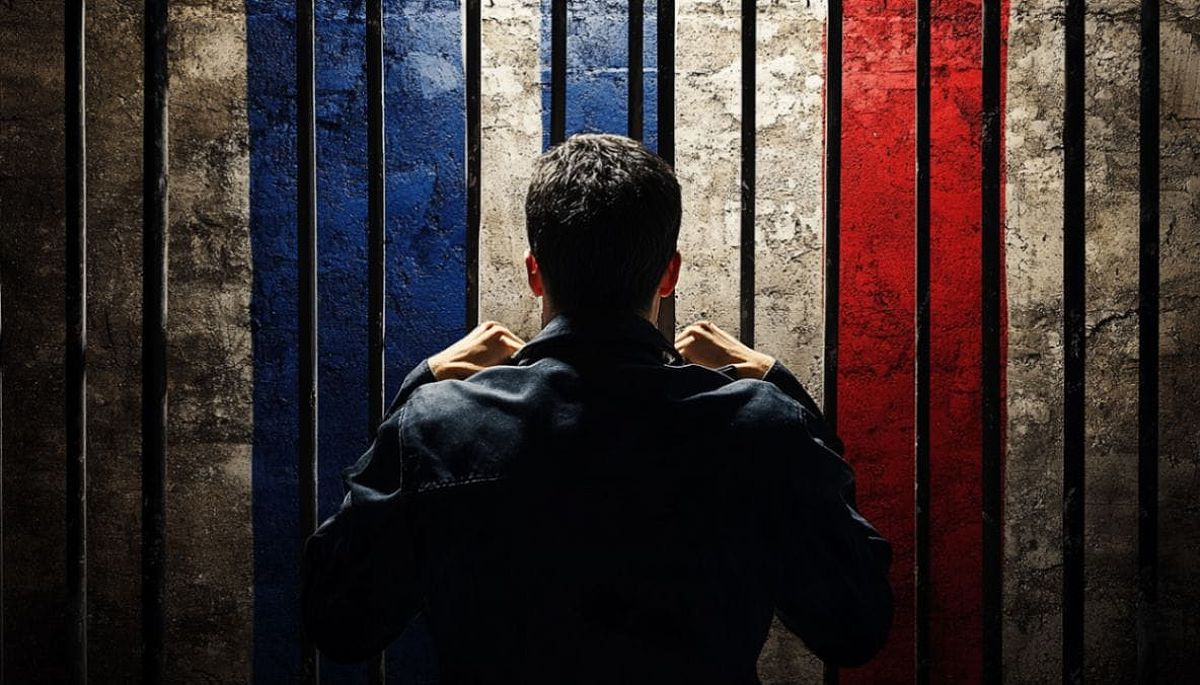How can we ensure the safety of online communities without stifling free speech and innovation? This pressing question is at the core of the recent controversy surrounding Pavel Durov, the founder of the popular messaging platform Telegram, who was arrested in France. This incident has ignited a passionate discussion about the complexities of online platform regulation, user privacy, and the delicate balance between individual liberties and public safety.
Understanding the Allegations Against Telegram
French authorities have leveled serious accusations against Telegram, claiming that the platform has become a breeding ground for illicit activities, including fraud, drug trafficking, and the dissemination of child pornography. These allegations point to a significant concern: the platform’s purported lack of effective moderation tools may enable harmful content to flourish unchecked, posing a risk to public safety. The Paris prosecutor’s office has indicated that Durov’s arrest is part of an extensive investigation into these claims, shining a spotlight on the responsibilities of online platforms in curbing illegal activities.
Governments around the world, including France, are increasingly alarmed by the potential for online platforms to be exploited by criminal elements. The absence of adequate content moderation, they argue, can allow dangerous behaviors to proliferate, endangering individuals and communities alike. This situation raises a fundamental question: how do we protect users while maintaining the core principles of free speech?
Durov’s Perspective: A Defense of Free Speech

In response to the allegations, Durov has stood firm in his defense of Telegram’s approach to content moderation. He emphasizes the importance of user privacy and the fundamental right to free expression, arguing that stringent moderation policies can lead to censorship and government overreach. Durov’s perspective resonates with many who believe that a decentralized platform fosters a more open and inclusive online environment.
Supporters of Telegram echo Durov’s sentiments, contending that excessive regulation could stifle creativity and limit opportunities for meaningful discourse. They argue that the platform’s unique structure promotes innovation and allows users to communicate freely, without fear of unjust censorship. This viewpoint encapsulates a larger debate about the role of governments in the digital age and the potential consequences of overregulation.
The Broader Implications for Online Regulation
The arrest of Durov raises significant questions about the future of online platform regulation. As governments grapple with the complexities of balancing user privacy, freedom of speech, and public safety, this incident serves as a critical reminder of the challenges they face in the digital landscape.
Navigating the regulatory landscape requires a nuanced approach that respects individual rights while ensuring the safety and security of online users. The need for effective moderation tools is evident, yet so is the importance of safeguarding the principles of free expression. Striking this balance is no easy task, as the implications of regulation extend far beyond individual cases.
Conclusion
The arrest of Pavel Durov has sparked a vital conversation about the intricate relationship between free speech and the regulation of online platforms. As we navigate the complexities of the digital age, it becomes increasingly clear that a careful balance must be struck between protecting individual liberties and ensuring the safety of online communities. This case not only highlights the challenges faced by governments but also serves as a reminder of the ongoing struggle to define the boundaries of free expression in a rapidly evolving digital landscape. As we continue this dialogue, it is essential to consider how we can create a safer online environment without sacrificing the very freedoms that make our digital interactions meaningful.














 Bitcoin
Bitcoin  Ethereum
Ethereum  Tether
Tether  XRP
XRP  Solana
Solana  USDC
USDC  Dogecoin
Dogecoin  Cardano
Cardano  TRON
TRON